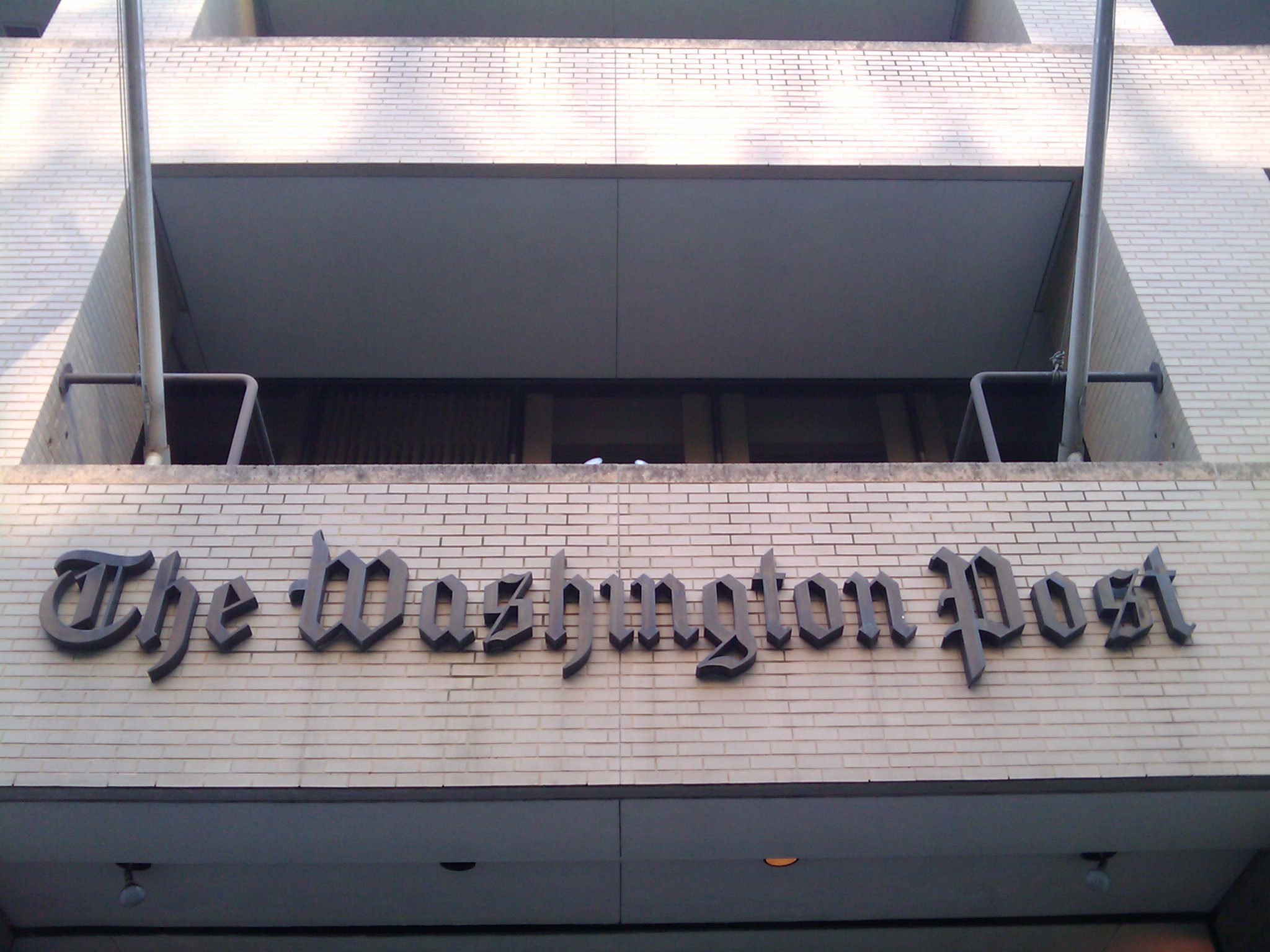Search Results for: feed
Requiem for a Bottom-Feeder
UCLA’s Don Shoup Has Transformed Urban Planning
Every scholar wants to do good, productive, important work, but I suppose all us secretly would like to redefine our fields — to go down in academic history, so to speak. Virtually none of us do. But UCLA’s Don Shoup, who is retiring this year from the Urban Planning department, is one who has. And …
Continue reading “Requiem for a Bottom-Feeder”
CONTINUE READINGReaders: We Need Your Feedback
Dear Readers, We are engaged in an exciting process of redesigning Legal Planet. We would appreciate if you could lend a few minutes of your time to answer 15 simple questions about how you use the blog, what you enjoy, and changes you would like to see going forward. Please complete our short survey here. …
Continue reading “Readers: We Need Your Feedback”
CONTINUE READINGWhat Happens When You Feed Garbage Data to a Nobel Prize Winner? — The Bizarre Story of the Phantom Job Gains from Romney’s Deregulation Plan
Deregulation is one of Romney’s five steps in his plan to add jobs. But how do we supposedly know that deregulation will add jobs? It’s a fascinating story, featuring a Nobel laureate’s economic model. The model is very fancy, lots of complex math, but it’s justified on the basis of data from a discredited study. …
CONTINUE READINGRomney Calls for a Fossil Fuel Feeding Frenzy
The Washington Post reports that Mitt Romney will announce a new energy plan centering on explosive increases in oil and gas development, combined with greater use of coal. I’ve read the staff briefing paper, and the Post’s account is an accurate summary: Mitt Romney on Thursday will outline a plan that he projects would achieve …
Continue reading “Romney Calls for a Fossil Fuel Feeding Frenzy”
CONTINUE READINGTipping Points and Feedback Effects
From the title, this could be a posting about the election results. It isn’t — although I do wonder whether the relatively rapid changes we’ve seen in the House over the past decade are a sign of increased feedback effects. My topic, however, is climate science. The curve at the left shows how feedback effects …
Continue reading “Tipping Points and Feedback Effects”
CONTINUE READINGIt’s All About the Feedback
A fairly common reaction to climate science is to wonder how changes in the concentration of a trace gas can have a substantial effect on the world’s climate. As it turns out, this is exactly the right question to ask. There’s a great post at RealClimate working through the logic. The direct effect of increased …
Continue reading “It’s All About the Feedback”
CONTINUE READINGThe Winners and Losers of Superbowl LX
The Seattle Seahawks came out on top at Sunday’s big game, but consumers and the environment joined the New England Patriots in the “losers” column.
Like millions of others around the world, I spent Sunday eating fried foods, drinking sugary beverages, and enjoying the company of my friends while watching the opposite of a nail-biter of a game. As a fan of the Seattle Seahawks and a hater of the New England Patriots, I’ll admit that I was delighted with …
Continue reading “The Winners and Losers of Superbowl LX”
CONTINUE READINGTrump Will Kill Climate Regulations, But How Exactly?
The Drain is a weekly roundup of environmental and climate news from Legal Planet.
The Environmental Protection Agency will officially revoke what’s known as the endangerment finding tomorrow and in so doing try to erase the basis for virtually all that agency’s regulations cutting greenhouse gases. It’s not really a surprise — we’ve been waiting for this announcement for a year. But seeing the agency’s precise justification will help …
Continue reading “Trump Will Kill Climate Regulations, But How Exactly?”
CONTINUE READINGA Lot Fewer Climate Reporters at the Washington Post
The Drain is a weekly roundup of environmental and climate news from Legal Planet.
I cancelled my subscription to the Washington Post earlier this week. Not to protest billionaire owner Jeff Bezos or anything. Just because I felt like I wasn’t getting all that much for my $3 a week, and it was time to downsize my media subscriptions. I had signed up for the WaPo a couple years …
Continue reading “A Lot Fewer Climate Reporters at the Washington Post”
CONTINUE READINGAbolishing ICE has Environmental Connections
The Drain is a weekly roundup of environmental and climate news from Legal Planet.
Does your heart hurt from watching agents of the U.S. government execute a law-abiding citizen in the street while he is helping others try to stay safe during an authoritarian takeover of an American city? If you work on environmental and climate issues, you probably have felt this rage over what’s happening but also thought …
Continue reading “Abolishing ICE has Environmental Connections”
CONTINUE READING








